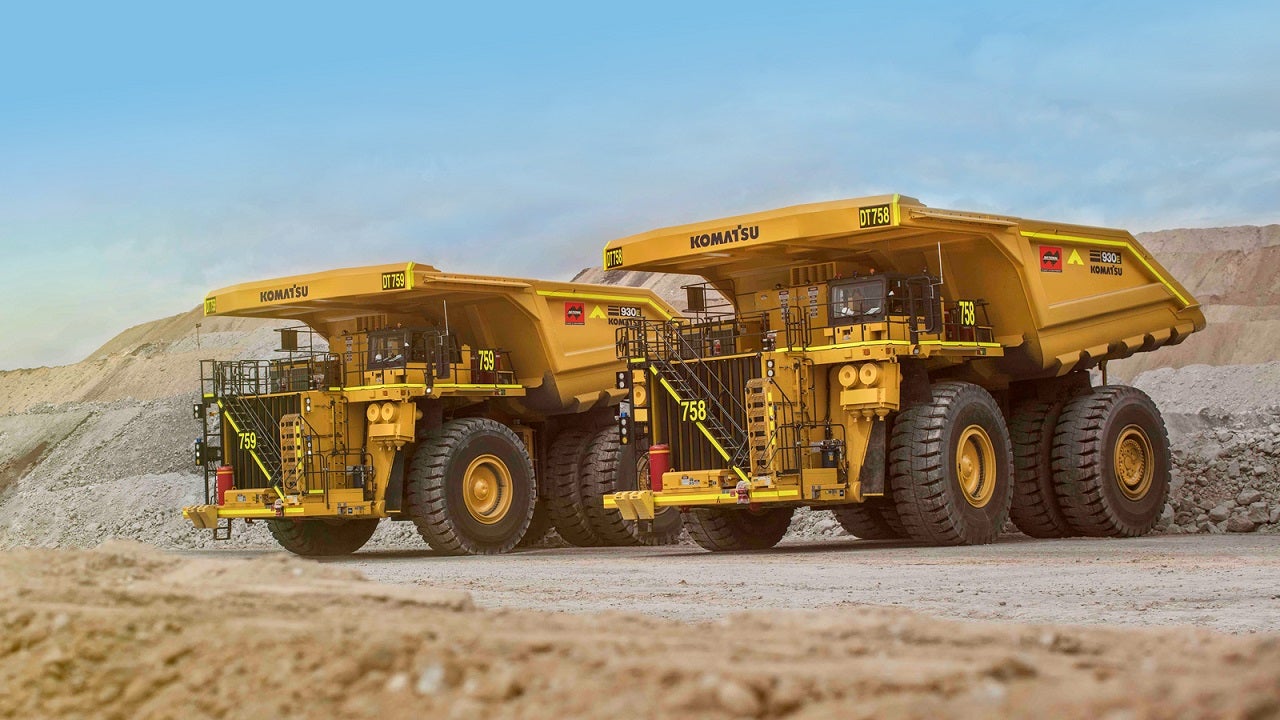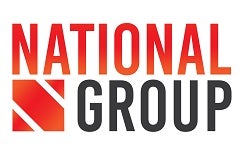
The growth of Australia’s mining industry has positioned long-term dry hire as a highly attractive option versus purchasing equipment over the past five years.
This change in the mining industry has been driven by strategies to increase production, export volumes and bottom-line profitability.
As mining fleets expand, companies that are constrained by capital availability are regularly choosing to opt for long-term dry hire over purchasing.
National Group managing director, chief executive and founder, Mark Ackroyd, has witnessed this shift as his company has grown over the past 24 years. Dry hire now represents 90% of National Group’s business.
“Dry hire gives mining companies an option to free up capital expenditure without recording big-ticket purchases on their balance sheet,” Ackroyd explains.
“They can continue using the equipment and give it back after 12 months, one year, two years or even more, without any ownership responsibility.
“All they’re responsible for is fuel, the supply of operators and minor repairs. They can use the machine for as long as it’s required to get the job done and increase production.”
It is no surprise that long-term dry hire has emerged as an appealing alternative for mining companies, given its benefits in current market conditions.
National Group provides greater flexibility by offering two types of dry hire, with maintenance being an option that mining companies can choose to take onboard themselves.
In this scenario, a mining company will carry out all the minor repairs and equipment services, with only the obligation of major repairs assumed by National Group.
Alternatively, National Group also offers fully-maintained maintenance in which they are responsible for managing the machines on-site and conducting all equipment repairs, major or minor.
This removes maintenance and safety hazards that mine site personnel may be exposed to, thereby minimising the risk for the mining company. This is also an attractive option for mine sites that do not have the resources.
In both scenarios of dry hire, mining companies stand to gain from more accurate budgeting forecasts, greater flexibility and customisation of the equipment needed for their mining activities.
National Group offers an extensive fleet, which includes a variety of large bulldozers, excavators and ultra-class dump trucks for dry hire. It has a fleet-wide availability of over 90%, with each unit of equipment delivering up to 700 operating hours per month.
“Our fleet comprises of around 300 plus units of heavy earthmoving equipment, with this number being added to weekly on average,” Ackroyd says.
“We have regular interest from several Tier 1 Australian mining companies looking to hire equipment, with dozens of large and extra-large pieces of heavy mining equipment arriving soon.”
Equipment such as Caterpillar 6040 excavators, Caterpillar 24 motor graders, and Caterpillar 793F trucks, are all machines being added to National Group’s line up.
Ackroyd says the demand for equipment hire has increased as mining companies transition to an owner-miner approach, with commodity cycles continuing to advance.
His confidence in this approach stands on the strength of the mining sector, which is the top contributor to Australia’s gross domestic product.
When global uncertainty shook economies last year, Australia delivered record revenues for iron ore, gold and copper.
Australian Bureau of Statistics data reveals that the resources sector provided $270 billion into the economy in 2020.
This represents 62% of the country’s total export revenue, with iron ore exports soaring from $96bn in 2019 to $116bn in 2020.
BHP and Rio Tinto, the world’s two largest miners, believe the strength of the iron ore market will be sustained.
The companies foresee a persistent shortage in global iron ore supply while soaring demand for the commodity is expected to continue due to Chinese steelmaker activity.
According to BHP, a National Group customer, this puts Australia in an advantageous position for its high-quality seaborne iron ore – an essential ingredient to blast-furnace steelmaking.
BHP chief executive Mike Henry says that while the world is a more volatile and uncertain place today, the global economy is rebounding strongly despite the ongoing effects of COVID-19.
“In steel, for example, we expect continuing strong end-use demand to underpin the production of more than one billion tonnes in China for a third consecutive year,” Henry, speaking during BHP’s half-year results presentation, says.
“Add population growth and further rises in living standards to this equation, and the conditions are very promising.”
Ackroyd agrees that the mining sector is in a strong place and will continue to be in the next five years.
“I don’t see any impending challenges in the mining industry over the next five years. It’s the number one driver of the Australian economy and a leader in the country’s COVID-19 economic recovery,” Ackroyd says.
“But regardless of the positive landscape ahead, mining always comes with a certain degree of uncertainty. Dry hire allows mining companies to operate more effectively, and with greater flexibility in both good and more uncertain times.”
Click here for more news from the National Group.

